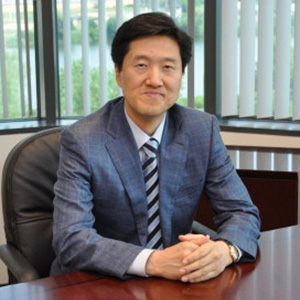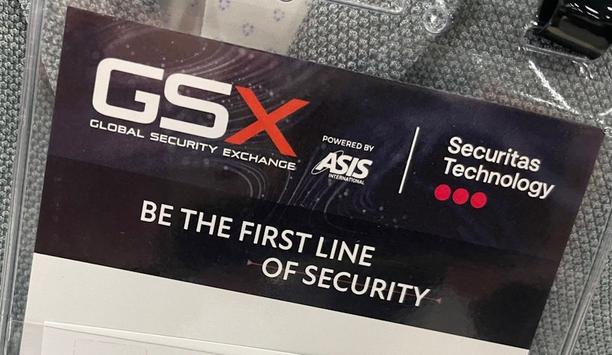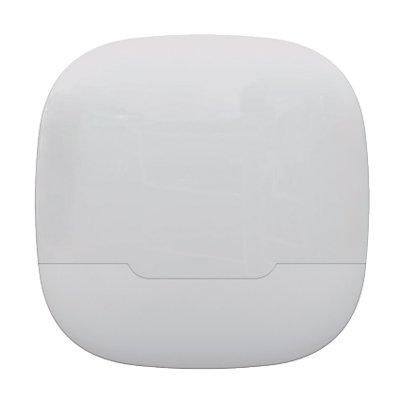When is an acquisition not really an acquisition but rather the “sale of shares by one corporate conglomerate to another?”
Such is the core question in the aftermath of Samsung’s sale of its interest in Samsung Techwin to fellow Korean conglomerate Hanwha Holdings. Samsung announced sale in late November of its 32.4 percentage ownership in the video surveillance company (as part of a larger sale of its defence and chemical affiliates). The 32.4 percent of stock represents the largest share of ownership in Samsung Techwin.
However, Samsung Techwin America says the sale will not impact its growing success in the U.S. security market, where it has had record sales this year.
“This was a stock transaction,” says Thomas R. Cook, Samsung Techwin’s Vice President of Sales, North America. “People get nervous when they hear ‘acquisition’ because sometimes it means companies change how they do business. This is a stock transaction in a public company. It’s a public company that will continue to grow.” Samsung Techwin America has worked to allay concerns among sales people, integrators and end users during the two weeks since the stock transaction was announced, says Cook. The company reiterated its message Dec. 8 in a conference call with security industry journalists.
Samsung Techwin in North America expects growth to continue to increase next year and plans to add 12 to 15 employees in the next 90 days to keep the momentum. Samsung will again operate a 100x60 booth at ISC West – featuring the familiar Samsung brand in big letters. Upcoming events will continue to target dealers and the architect and engineering (A&E) community. An aggressive new lineup of products will be unveiled in the first quarter of 2015. In short, business will continue as usual.
"Hanwha Group’s investment in Samsung Techwin will provide continued focus on the technologies and markets we serve" |
Continuing to provide products under the Samsung brand was a “key negotiation point,” said Cook. “It won’t change at all.” (Some press reports after the sale contended Samsung Techwin would drop the Samsung name and branding – categorically not so, says Cook. Historically, Samsung has lent its branding to companies for long periods – in the range of 20 years – and that is the expectation here, he says.)
Not a minor point given how hard Samsung Techwin has worked to build its presence in the American market in the last several years – based in large part on leveraging the well-known Samsung brand. In actuality, Samsung Techwin was never part of Samsung Electronics, but rather a separate affiliate operated independently. However, that distinction was mostly missed by the U.S. security market, which embraced Samsung’s commercial video surveillance products with the same enthusiasm consumers bought the larger electronics company’s smart phones and flat-screen TVs.
“Most important is that our Samsung brand will remain intact,” said Soon Hong Ahn, president of Samsung Techwin America. “Hanwha Group’s investment in Samsung Techwin will provide continued focus on the technologies and markets we serve. This partnership will be transparent and seamless, as management and all operations at Samsung Techwin will remain the same with no significant changes in the foreseeable future.”
Also not changing will be joint efforts and partnerships between Samsung Techwin and the larger Samsung Electronics, which have included joint booths at the Infocomm show and other cooperative marketing and sales initiatives.
Samsung Techwin handles all the R&D, manufacturing and other core competencies that are central to its video surveillance and other businesses; those elements were never part of the larger Samsung and will therefore not be affected. (These are also new competencies that Hanwha Holdings did not previously possess.)
From facial recognition to LiDAR, explore the innovations redefining gaming surveillance
















































